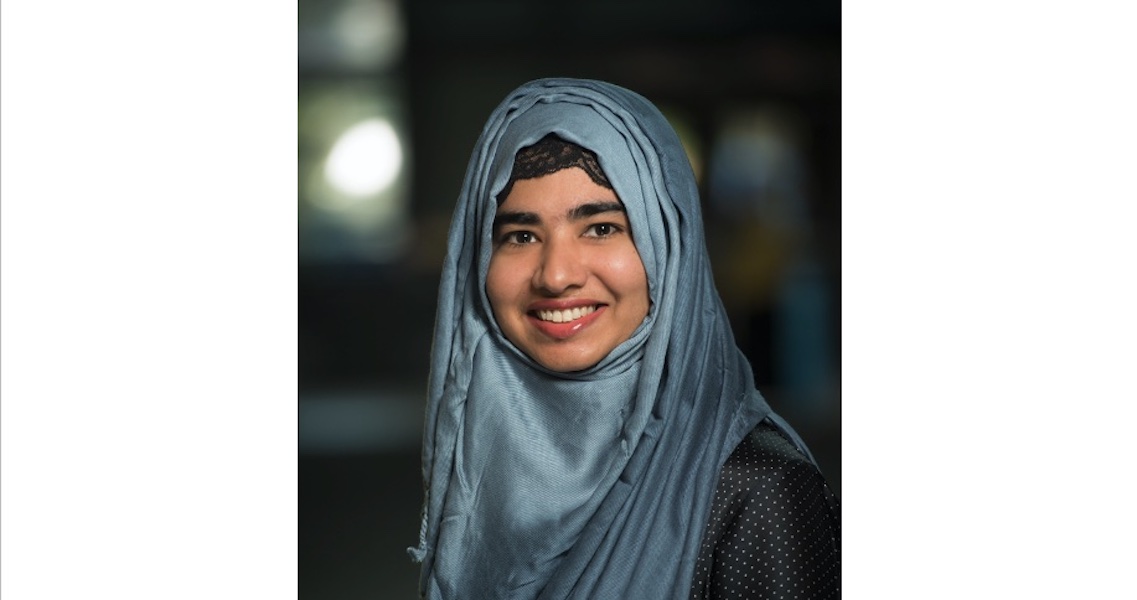Asma Afreen is a doctoral candidate in the Department of Language and Literacy Education. She is also a Global Storybooks team member and a NextGen Scholar in the Ensuring Full Literacy in a Multicultural and Digital World project (SSHRC Partnership Grant).
What are your current research interests?
For a long time, I have been interested in identity, multilingualism and multimodality in language and literacy learning. As a strong advocate for children’s rights and multilingual literacy, I have actively worked with communities in Bangladesh and in Canada to create educational spaces that acknowledge children’s rich multilingual multicultural practices and identities they bring to the classroom. My current research extends this work and investigates how community language schools in Canada help children and youth maintain their heritage languages and develop their multilingual and multicultural identities.
What is a project you’ve worked on or completed within the past few years that you’re proud of?
I am most excited about the work I have been doing as part of my doctoral research with my supervisor, Dr. Bonny Norton. My research investigates how teachers and children (aged 6-15) of the community-based Bangla School leverage translingual and multimodal practices to promote successful online Bangla heritage language learning. My research provides insights on how to improve heritage language pedagogies globally, with a view to validating children’s identities and promoting investment in their heritage language. This research is funded and supported by a MITACS Research Training Award (jointly funded by MITACS and UBC Language Sciences) and a SSHRC Doctoral Fellowship.
When this only Bangla heritage language school in British Columbia was closed due to the pandemic, volunteer teachers collaborated to reopen the school online. I am grateful that I could be part of this collaboration as a volunteer teacher and trainer. The teachers also collaborated in creating educational resources. To complement these resources, I introduced Storybooks Canada and Storybooks Bangladesh to the school. These free online resources have illustrated stories in a wide range of immigrant, refugee, and Indigenous languages in Canada, as well as English and French. Most languages are available in audio and have a toggle feature that enables language learners to transition easily from one language to another while reading a story. I was active in the development of Storybooks Bangladesh, doing both the translations and audio for 40 stories on the site.
Before the pandemic, the program had twelve children, but when the school went online in June 2020, twenty-one children from different parts of BC joined the program, as well as three students from Ontario. The school has harnessed online teaching and digital innovations to encourage children to embrace their multilingual identities, thus enriching communication in families and communities. I hope that innovations at this school bode well for a post-pandemic world in which multilingual communities can strengthen heritage languages and multilingual and multicultural identities.
Work based on this research has been published in Educational Linguistics, TESOL Quarterly, the Globe and Mail and in a report for the Royal Society of Canada.
What inspires you to pursue your line of research?
I have observed my parents devoted to the advancement of rural communities in Chittagong, Bangladesh, throughout their life. Their advocacy for educational and social change has instilled in me the values of generosity and community engagement and has inspired me to work for community development. I am also inspired by the urgency of heritage/minority language maintenance, as it is crucial in building an inclusive multilingual and multicultural community.
If you had to choose a different career path, what would you be interested in pursuing?
As I have nurtured this dream of becoming a researcher and educator since my childhood, it is difficult for me to think of any other career path. But if I had to choose a different career path, I think I would have worked with the government for educational and social reform in society.
How do you like to spend your spare time?
I love spending time with my family and friends. My mom was my best friend, but after losing her, I now find peace and solace in sharing my life with my father while sipping a cup of tea over a video call. I also love walking and exploring new places with my husband, and keep sharing experiences and adventures together.
